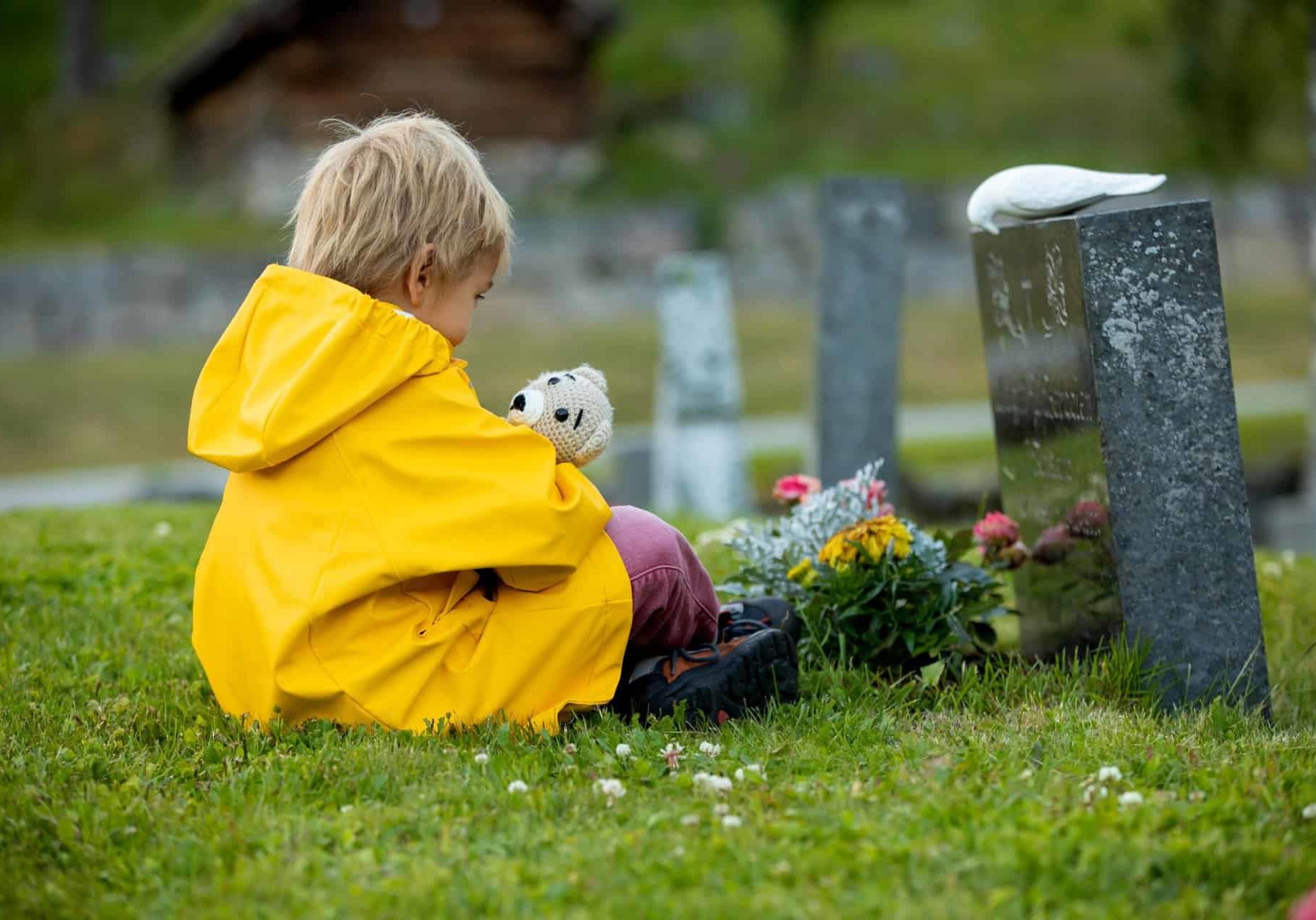Grief changes anyone who is enduring it and doesn’t discriminate. Though there are many misconceptions in grief, one of the biggest misconceptions is that grief will just suddenly end after a certain length of time and the griever is able to go back to their “normal.” This is unfortunately untrue because a griever’s “normal” is forever changed after a death. Grief forces many changes and adjustments onto one’s daily life, including changes to a child’s life. One specific change that is often most noticeable is a child’s emotional response to grief. Many adults gauge their children’s emotional reactions to assess how they may be coping or not coping with the death of a loved one. Many assume if their child is or is not feeling a specific emotion or displaying a specific reaction, then they haven’t grieved or aren’t grieving anymore.
Based on a child’s age, comprehension and cognitive processing, and relationship to the person who died, their grief responses will be appear accordingly. Though there are no bad feelings, it can become alarming, for parents and families, who are raising grieving children, to see their child have an emotional outburst attributed to their grief. Due to their grief, children may become more reactive at undetermined times. When supporting a child through a triggered grief response, one of the most important factors to consider is how and what the child is doing to get their feelings out. This is ultimately teaching and reinforcing healthy coping mechanisms. Some techniques to consider when supporting a child through an emotional outburst are:
- Getting on a child’s height level, to make yourself more approachable from their viewpoint.
- Being mindful of tone and body language when talking with a child to prevent the behavior or outburst from escalating further.
- Giving a child two options to pick from, to redirect the current behavior to two healthy responses and teach them which behaviors are unhealthy or harmful.
- Validate your child’s feeling. There are times that a child may be experiencing many feelings that are difficult to process, so recognizing that they are feeling something difficult is helpful for their behavioral recognition
- Consider other ways of processing, such as journaling, drawing, safe physical exertion (such as boxing, running outside, hitting a pillow). Not all children respond to verbal discussion for processing.
Every child’s experience in grief is unique and will not always be the same from one child to the next. Keeping this in mind will also permit caregivers from comparing their child’s grief to other grieving responses. Grief is an ongoing journey. Overtime, grief may evolve and change for a child, but the coping skills learned will allow children to grieve in healthy and supportive ways.



